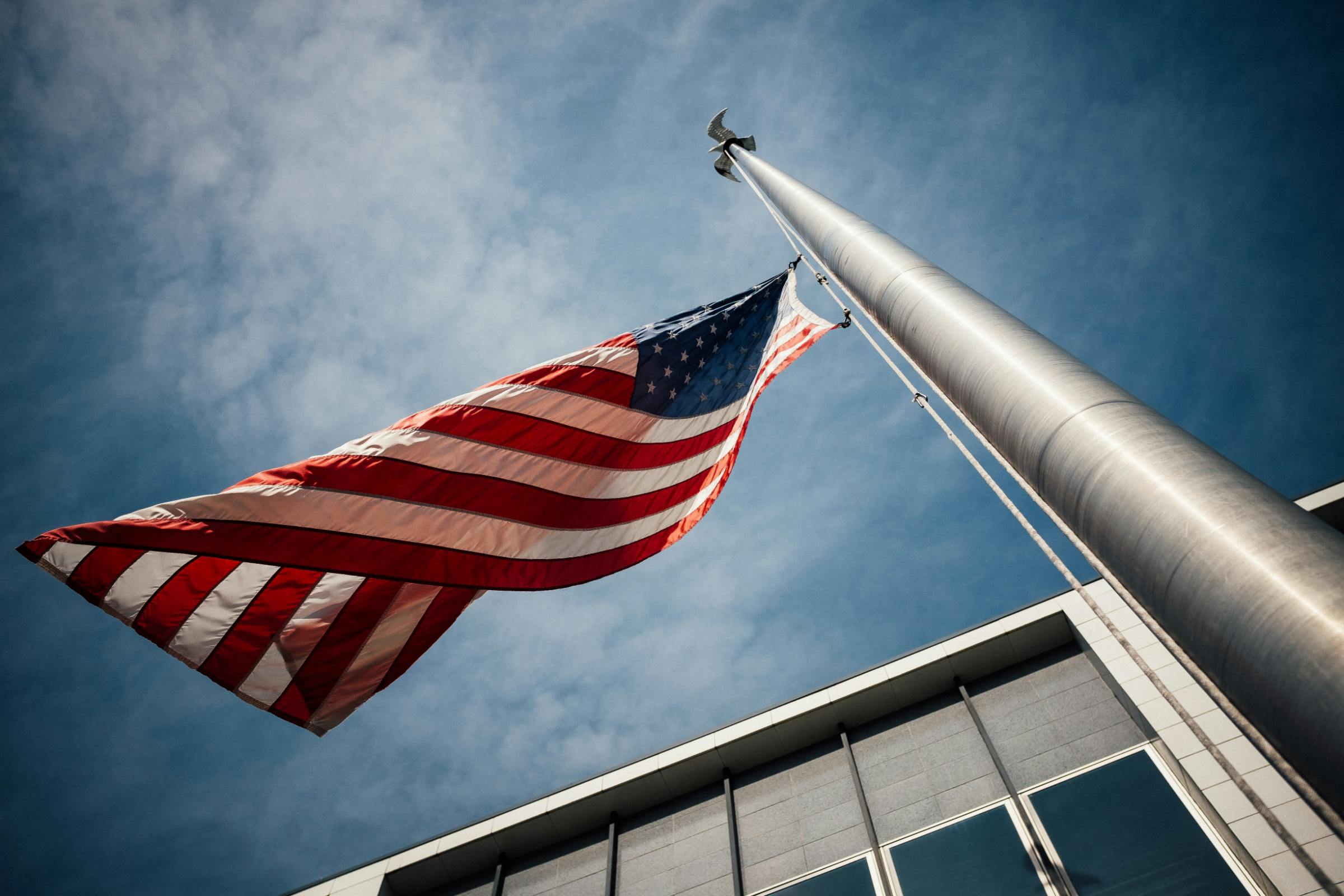Understanding Per-Country Caps in the Green Card Process
Many immigrants wish to enter the United States through the coveted Green Card, but the backlog on receiving approval for this document can mean the applicant must wait years.
One way to get around this is to apply for a work visa, officially called the H-1B visa. With an H-1B visa, skilled workers and their immediate families can enter the US for employment and temporary residency and start the application for a Green Card while they’re in the country.
Yet, regardless of the applicant’s contribution to society or place of residency, the United States’ policy on limiting Green Cards by country of origin has hindered the process for many potential immigrants.
Per-country caps place numerical limits on how many Green Cards are issued annually to applicants depending on their birthplace. If too many people apply from a certain country, the applicant may have to wait years before their card is approved. This process is easier in countries like Canada, but in the US, it creates a backlog that can take decades to clear.
The 7% Per-Country Allotment
Currently, immigration law allows about 140,000 employment-based green cards per year. The problem is that only 7% of these are allotted per country. Until a visa becomes available for that country, the excess petitions, although “approved,” aren’t processed.
Some countries have minimal immigrants, making this a non-issue. But in places like India and China, so many employment-based individuals must wait years for an approved petition. Without a substantial change in US legislation, they might be on the list for half a century.
The Problem With This System is Far-Reaching
So what happens to immigrants already in the US under a temporary H-1B or student visa status? If they want to stay in the country once their original validity period ends, they must continue to apply for temporary status.
This can make it difficult for many people to change jobs, as they need approval from USCIS. And employers understandably limit promotions to those they’re confident will still be in the position for a long time and not be forced to return to their home country. It’s also scary for those with children who may “age out” of immigration status and be separated through deportation.
The many gaps in the system are a deterrent to global talent who find it easier to migrate to other countries where they can confidently become permanent residents. Those who already have a life in the US are also moving elsewhere rather than continue to limit their future by waiting for a Green Card.
This preference means that fewer international students are enrolling in US universities, and other countries are recruiting the top talents. Students in areas of critical shortage, like the STEM fields, are choosing other universities and employers outside of the US, continuing to worsen this economic crisis.
What’s Next?
Current legislation under the EAGLE Act seeks to eliminate the per-country Green Card cap and raise the family-based Green Cards from 7% to 15%. The EAGLE Act will make approval rates based on merit rather than birthplace, which levels the playing field for millions of Green Card and H-1B petitioners.
In the meantime, applicants for H-1B visas and Green Cards must ensure their documents are in order, proving their merit as highly skilled workers. These must be mistake-free and timely filed to prevent rejections. That’s where Visa2US can help you.
At Visa2US, our legal experts are available 24/7 to answer your questions and get you moving on the successful path to the United States. Whether you’re already there and trying to make changes to your current H-1B visa or you need to apply for one, we’re here to help. Contact us today for confidential legal assistance on immigration laws.














